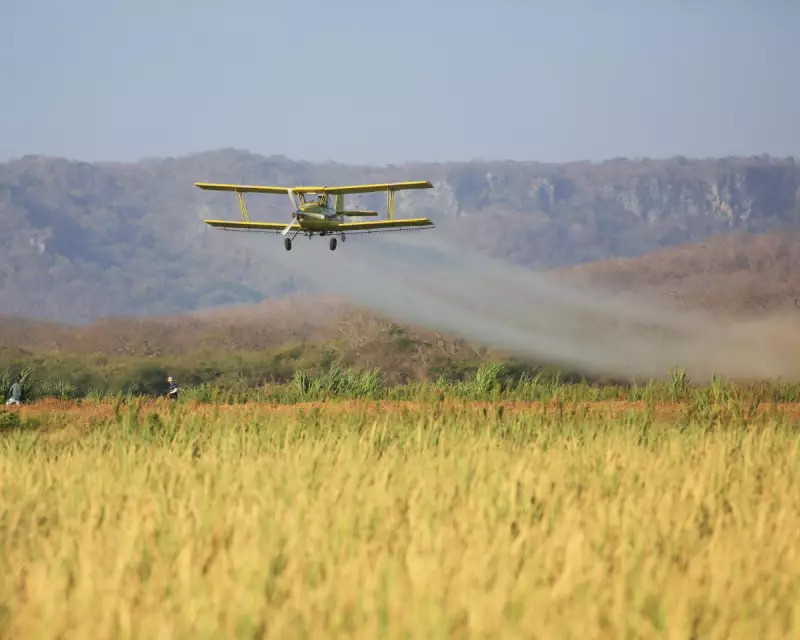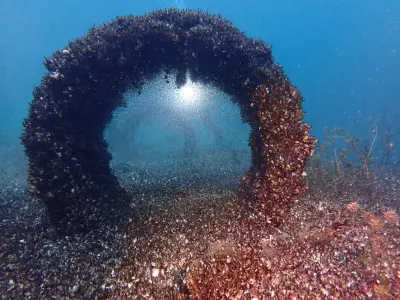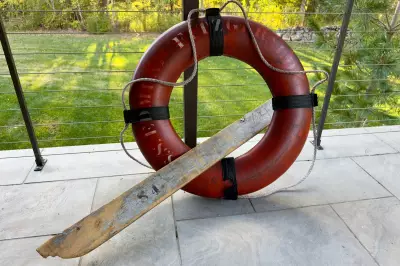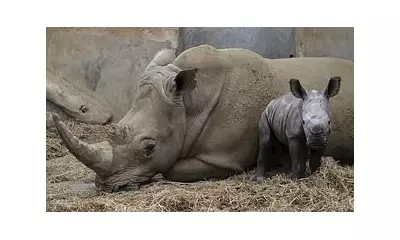
Major European chemical firms are engaging in a controversial double standard, shipping vast quantities of pesticides deemed too hazardous for use within the European Union to developing countries, a new investigation has revealed.
The practice, which involves substances linked to serious health risks and environmental damage, highlights a significant loophole in EU regulations that campaigners are calling a form of "toxic colonialism".
A Troubling Export Pipeline
According to the report, companies based in EU member states approved the export of over 80,000 tonnes of pesticides containing chemicals banned from use in their own fields. These shipments were destined for nations with often weaker regulatory frameworks, primarily in South America, Africa, and Asia.
Among the exported substances are pesticides known to be highly hazardous, with potential links to cancer, reproductive harm, and severe ecosystem contamination. The investigation identifies specific chemicals, banned for their unacceptable risks to human health and the environment within Europe, being routinely loaded onto cargo ships bound for vulnerable agricultural communities abroad.
The Legal Loophole Exploited
Critically, this trade is not illegal. A glaring gap in EU law allows for the production and export of pesticides that are prohibited for use inside the bloc. This creates a profitable pipeline for chemical manufacturers, who can continue producing and selling these dangerous products overseas.
Campaigners and public health experts argue that this practice is fundamentally unethical. "The EU is effectively outsourcing the health and environmental risks it is no longer willing to accept at home," stated one environmental policy director. "This is a clear case of profit being prioritised over the wellbeing of people and the planet in the Global South."
Calls for Urgent Reform
Pressure is mounting on EU policymakers to close this legal loophole. Advocacy groups are demanding alignment with international frameworks, such as the Rotterdam Convention, which promotes shared responsibility in the trade of hazardous chemicals.
The findings have ignited a fierce debate about corporate responsibility and environmental justice. As one campaigner put it, "A hazard banned in Europe is a hazard everywhere. It is morally indefensible to profit from selling these poisons to countries less equipped to manage the risks." The ball is now in the court of European regulators to decide whether to end this contentious trade.





